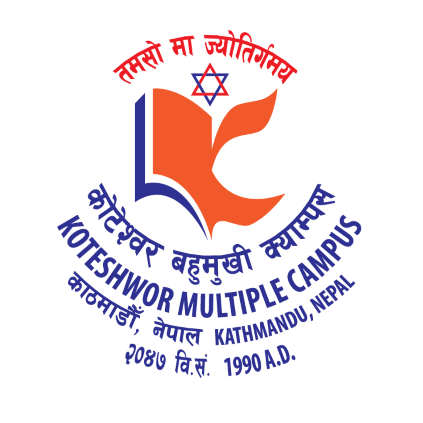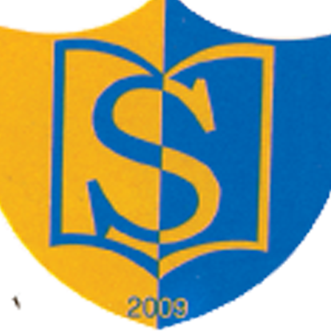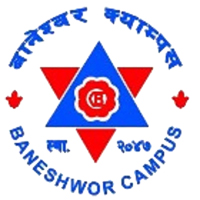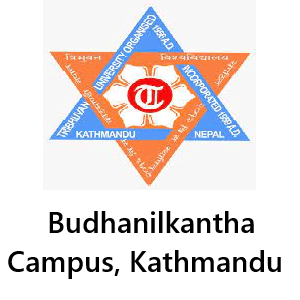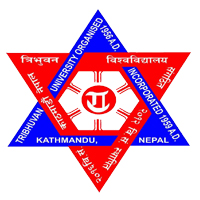Overview
Bachelor of Education (B.Ed.) at Gramin Adarsha Multiple Campus, Nepaltar–Balaju, Kathmandu
Bachelor of Education (B.Ed.) at Gramin Adarsha Multiple Campus (GAMC), Nepaltar–Balaju, Kathmandu, runs under Tribhuvan University (TU), Faculty of Education. Students seeking a B.Ed. in Nepal look for clear subject pathways, school-based practice, and university-standard evaluation.
This four-year course supports future teachers through subject pedagogy, classroom methods, assessment skills, and field exposure that fits the Nepali school context. Your first year builds a base in learning psychology and core language or subject papers, and later semesters deepen teaching methods with structured practice.
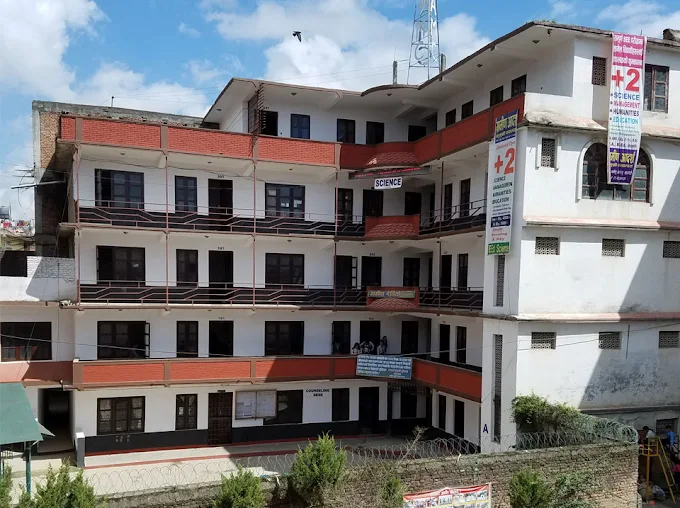
Highlights
-
TU-affiliated four-year bachelor’s program.
-
Subject groups commonly offered at GAMC: English, Nepali, Mathematics, Health and related strands (based on annual teaching plan).
-
Internal work: class tests, lesson planning files, micro-teaching, short projects.
-
University examinations at the end of the academic cycle as per TU rules.
-
Advising on subject combinations and practicum scheduling.
Curriculum Details
Core papers cover foundations of education, learning psychology, curriculum and evaluation, educational measurement, and research basics. Subject pedagogy tracks handle method papers such as English education, Nepali education, mathematics education, or health education, depending on seat availability.
Method courses move from lesson aims and content sequencing to questioning strategies, activity planning, and blackboard/visual use. Assessment papers explain item writing, blueprinting, and feedback cycles. Research basics introduce literature scans, simple tools, data entry, and short reports tied to school observations.
Objectives
The course builds capable secondary-level teachers who plan effective lessons, manage time, and maintain fair assessment. Students learn to select methods that fit age level and topic, use examples from local life, and maintain class records that meet school audits. Ethical behavior, inclusive language, and attention to child safety remain constant across semesters.
Scope
Graduates teach in secondary schools across government, community, and private settings subject to national rules and vacancies. Many graduates assist with remedial classes, exam supervision, and parent-teacher meetings. Further study options include M.Ed., testing and measurement tracks, curriculum roles, and training support in schools or NGOs working in education.
Learning Outcomes
Students can write yearly and unit plans, prepare daily lesson plans, and run classroom activities with clear instructions. Students design simple tests, keep marks registers, and write feedback notes. Students create teaching aids, run pair/group tasks, manage noise levels, and close lessons with short checks that reveal understanding.
Skill Development Modules
-
Micro-teaching cycles recorded in lesson files.
-
Classroom observation and reflective notes in partner schools when scheduled.
-
Low-cost teaching aids from chart paper and local materials.
-
Spreadsheet practice for marks entry and analysis.
-
Short action-research style assignments (for example, homework completion tracking or vocabulary notebooks).
Teaching Methodology
Teaching at GAMC combines lectures, demonstrations, peer teaching, and supervised school exposure. Internal assessment values attendance, plan submission, small projects, and presentations. Faculty run revision classes ahead of TU examinations. The library and reading room support lesson file work, while seminar halls host method demonstrations.
Admission Requirements
Applicants must complete Ten Plus Two (+2) or equivalent with the minimum grades set by TU. Subject-wise prerequisites apply: English requires strong prior English marks; Mathematics requires prior mathematics credits; Nepali requires prior Nepali credits.
Required documents include academic transcripts, character and migration certificates where relevant, identification copy, and photos. Intake timelines, seats, and orientation dates are published by the campus during admissions.
Career Opportunities
Common entry roles include secondary-level subject teacher, classroom assistant, resource teacher for remedial groups, and exam coordination support. Graduates also handle basic record-keeping, student clubs, and co-curricular supervision. Long-term growth leads to head of department, curriculum support, or training roles after suitable experience and further study.
Scholarships and Financial Aid
GAMC considers merit and need-based requests under campus policy. Students submit mark sheets and supporting documents during the scholarship window. Results appear on campus notices.
Why Choose This Course?
Students who enjoy subject depth and classroom interaction find a steady pathway here. The structure combines method papers, practicum exposure, and clear evaluation under TU standards. The Nepaltar–Balaju location supports daily commuting and access to city schools for observation when scheduled.
Conclusion
B.Ed. at GAMC offers a measured route to school teaching in Nepal. Consistent lesson planning, record management, and reflective practice prepare you for classrooms that demand patience, clarity, and fairness.
FAQ
1) Is B.Ed. at GAMC TU-affiliated?
Yes. The program follows TU, Faculty of Education rules.
2) How long is the course?
Four academic years.
3) What evaluation applies?
Internal work across the year and TU examinations at the end of the academic cycle.
4) Which subject pedagogy options are common?
English, Nepali, Mathematics, Health (subject to annual plan and seats).
5) Does the course include school practice?
Yes. Practicum and observation are scheduled as per TU and campus planning.
6) What are typical roles after graduation?
Secondary-level teaching and education support roles, followed by further study such as M.Ed.



